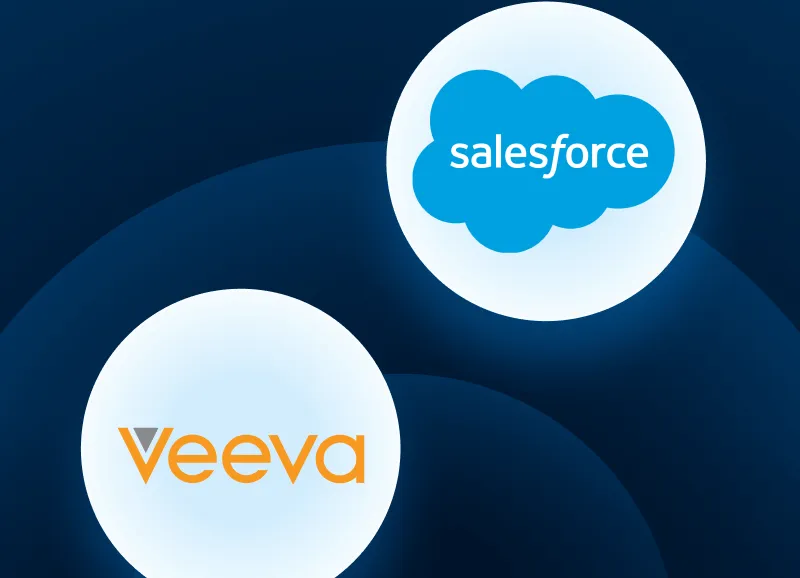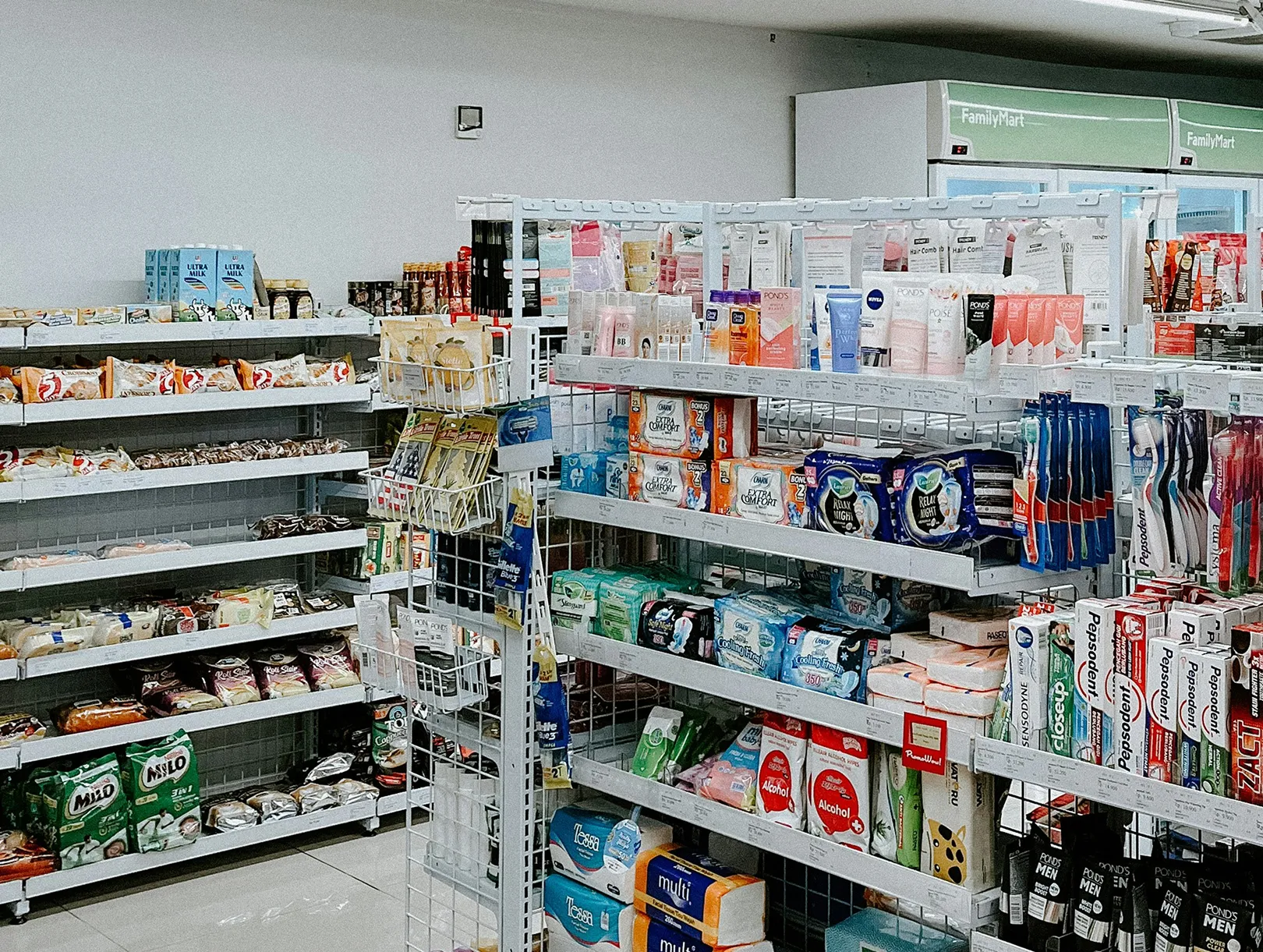The AI Readiness Checklist: What to Ask Before Choosing Salesforce or Veeva
Jun 10, 2025 | 4 min read

Don’t Start with the Platform. Start with Readiness.
In life sciences, AI is rapidly shifting from buzzword to backbone. CRM platforms like Salesforce and Veeva now promise to automate rep workflows, personalize HCP engagement, and accelerate Medical Affairs operations. But before selecting a platform, there’s a more important question to ask:
Is your organization actually ready to use AI?
Choosing between Salesforce and Veeva isn’t just a software decision. It’s a reflection of your AI maturity, data infrastructure, culture, and ability to execute on innovation. This blog will walk through a practical AI Readiness Checklist designed to help Analytics & Insights, Commercial, Medical, and IT leaders assess where they stand—and which platform can support their goals.
Why AI Readiness Matters Before Platform Selection
Many organizations approach AI as a feature to buy, not a capability to gain. The result? Missed expectations, expensive delays, and compliance risks.
Here’s why readiness matters:
- Speed-to-Value: AI doesn’t deliver overnight. The more aligned your data, governance, and team, the faster you see ROI.
- Avoiding Overbuild: AI platforms are powerful, but costly if you aren’t ready to operationalize them.
- Compliance Risk: In pharma, an AI misstep isn’t just expensive—it’s a regulatory liability.
Readiness ensures you pick a platform that fits your current state while scaling toward your future vision.
The AI Readiness Checklist
Use this list to self-assess your organization's readiness. Each question maps to a critical success factor for AI adoption in pharma CRM.
1. Data Quality & Accessibility
- Do we have a centralized source of HCP and account data?
- Are field notes, rep activity logs, and content engagement data accessible in one place?
- Can we unify structured and unstructured data without duplication?
Why it matters: AI requires clean, complete, and connected data. Salesforce’s Data Cloud makes this easier to manage for Analytics & Insights teams; Veeva depends more heavily on external systems.
2. Compliance & Governance Framework
- Do we have policies in place for AI use, data privacy, and algorithm transparency?
- Are we confident AI-generated content can pass MLR review?
- Do we track who accessed or modified AI-generated recommendations?
Why it matters: Life sciences AI is only useful if it’s also compliant. Salesforce offers built-in tools (Shield, audit trails); Veeva compliance is more static but well-understood.
3. Organizational Alignment & Culture
- Do our commercial and medical teams trust digital tools to support their work?
- Are we prepared to pilot and iterate with AI use cases?
- Do we have executive sponsorship for AI adoption?
Why it matters: AI is as much an operating model shift as a tech investment. Teams need to see it as a co-pilot, not a black box.
4. Skills & Team Readiness
- Do we have internal AI, data science, or analytics expertise?
- Can our IT or ops team support low-code AI tools or agent frameworks?
- Are field teams trained to interpret and act on AI recommendations?
Why it matters: You don’t need a PhD in machine learning—but you do need cross-functional fluency.
5. Use Case Clarity
- Have we identified specific problems AI should solve (e.g., triage, call summaries, segmentation)?
- Can we measure success in terms of time saved, HCP engagement, or rep productivity?
- Are we prioritizing low-risk, high-impact pilots?
Why it matters: AI without a use case is just automation theater.
If you answered "no" to several questions, it doesn't mean you're behind. It means you're being honest—and that clarity is the foundation for smart platform selection.
What Salesforce Supports Better (and Why That Matters)
For organizations that score high on readiness, Salesforce is purpose-built to scale AI initiatives across commercial and medical operations.
Key advantages include:
- Native AI Agents (Agentforce): Build domain-specific bots for field reps, medical inquiry triage, or data summarization.
- Zero-Copy Data Integration: Connect disparate systems without moving data.
- Low-Code Builder Tools: Use Flow, Prompt Builder, and Apex to configure AI workflows without starting from scratch.
- Multi-Cloud Sync: Unify CRM, marketing, and service data for holistic engagement.
This makes Salesforce a strong fit for teams pursuing:
- Omnichannel orchestration
- Personalized HCP journeys
- AI-driven segmentation and territory optimization
Salesforce also enables iterative deployment. You don’t need to overhaul your CRM to get started—you can run pilots, validate outcomes, and scale gradually.
When Veeva Still Makes Sense
Veeva remains a solid choice for organizations with:
- Simpler field engagement needs
- Lower AI maturity or appetite
- Priority placed on ready-made MLR content distribution workflows
Veeva’s prebuilt pharma templates reduce configuration effort. It’s ideal if you want a traditional CRM experience with familiar compliance boundaries and minimal platform customization.
But for AI-heavy roadmaps or integrated digital field models, Veeva often requires external tooling or costly services to keep pace.
Conclusion: Ready Teams Make the Right Tech Decisions
AI is no longer just a future state—it’s happening now. But the right CRM for your organization isn’t about feature checklists. It’s about fit.
Salesforce and Veeva are both powerful. But only one is designed to evolve with your AI ambition.
If you're ready to:
- Assess your current maturity
- Align teams around scalable AI use cases
- Select a CRM that drives measurable outcomes
Start with a conversation.
👉 Schedule an AI Readiness Workshop with CI Health
FAQ
Q: Can I use Salesforce AI with Veeva CRM?
Yes, many teams use Salesforce Data Cloud andAgentforce capabilities alongside Veeva for analytics, segmentation, or content personalization.
Q: How long does a readiness workshop take?
CI Health typically completes workshops in 2–3 weeks, with clear findings and roadmap recommendations.
Q: Do I need a data lake to use AI in Salesforce?
No. Data Cloud supports zero-copy architecture, enabling insights without massive data engineering overhead.



 Gradial
Gradial  PEGA
PEGA 




